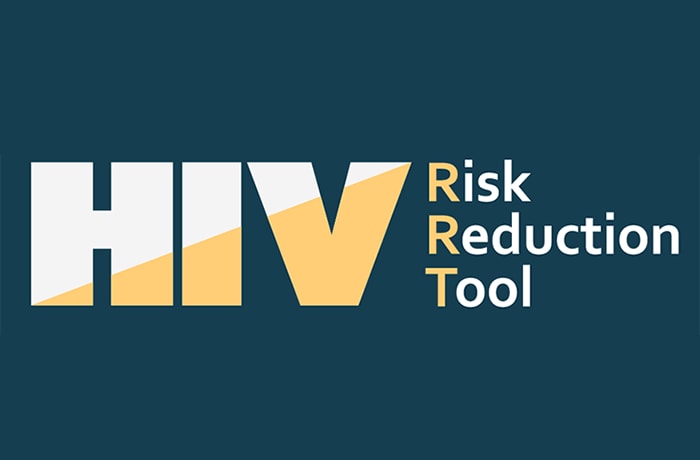HIV and Injection Drug Use

Sharing needles, syringes, or other drug injection equipment—for example, cookers—puts people at risk for getting or transmitting HIV and other infections.
Risk of HIV
The risk for getting or transmitting HIV is very high if an HIV-negative person uses injection equipment that someone with HIV has used. This is because the needles, syringes, or other injection equipment may have blood in them, and blood can carry HIV. HIV can survive in a used syringe for up to 42 days, depending on temperature and other factors.a
Substance use disorder can also increase the risk of getting HIV through sex. When people are under the influence of substances, they are more likely to engage in risky sexual behaviors, such as having anal or vaginal sex without protection (like a condom or medicine to prevent or treat HIV), having sex with multiple partners, or trading sex for money or drugs.
Risk of Other Infections and Overdose
Sharing needles, syringes, or other injection equipment also puts people at risk for getting viral hepatitis. People who inject drugs should talk to a health care provider about getting a blood test for hepatitis B and C and getting vaccinated for hepatitis A and B.
In addition to being at risk for HIV and viral hepatitis, people who inject drugs can have other serious health problems, like skin infections and heart infections. People can also overdose and get very sick or even die from having too many drugs or too much of one drug in their body or from products that may be mixed with the drugs without their knowledge (for example, fentanyl).
a Abdala N, Reyes R, Carney JM, Heimer R. Survival of HIV-1 in syringes: effects of temperature during storageexternal icon. Subst Use Misuse 2000;35(10):1369–83.








